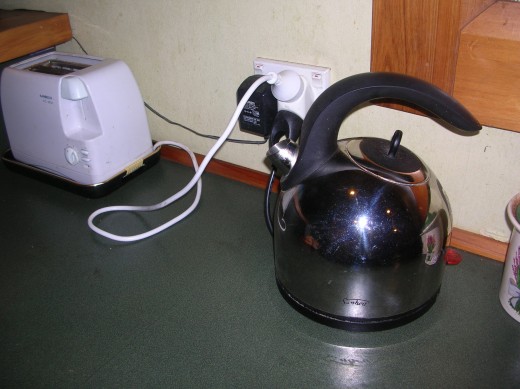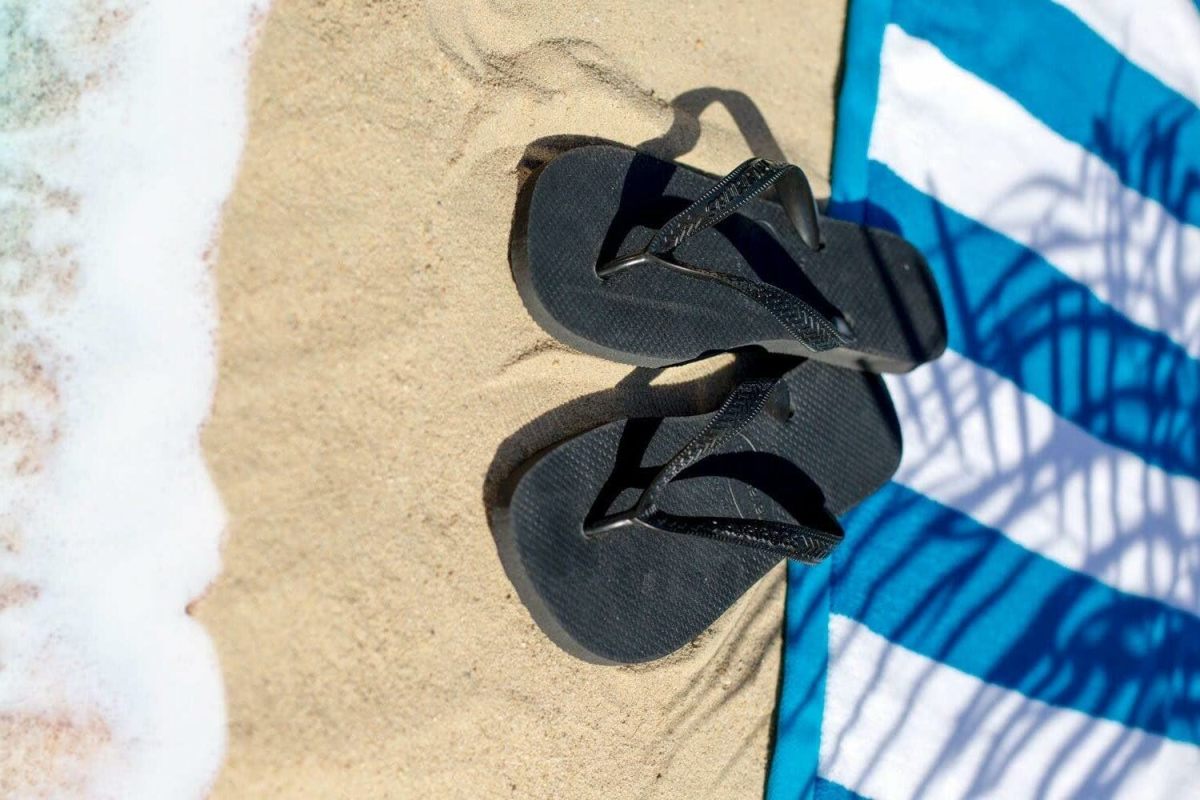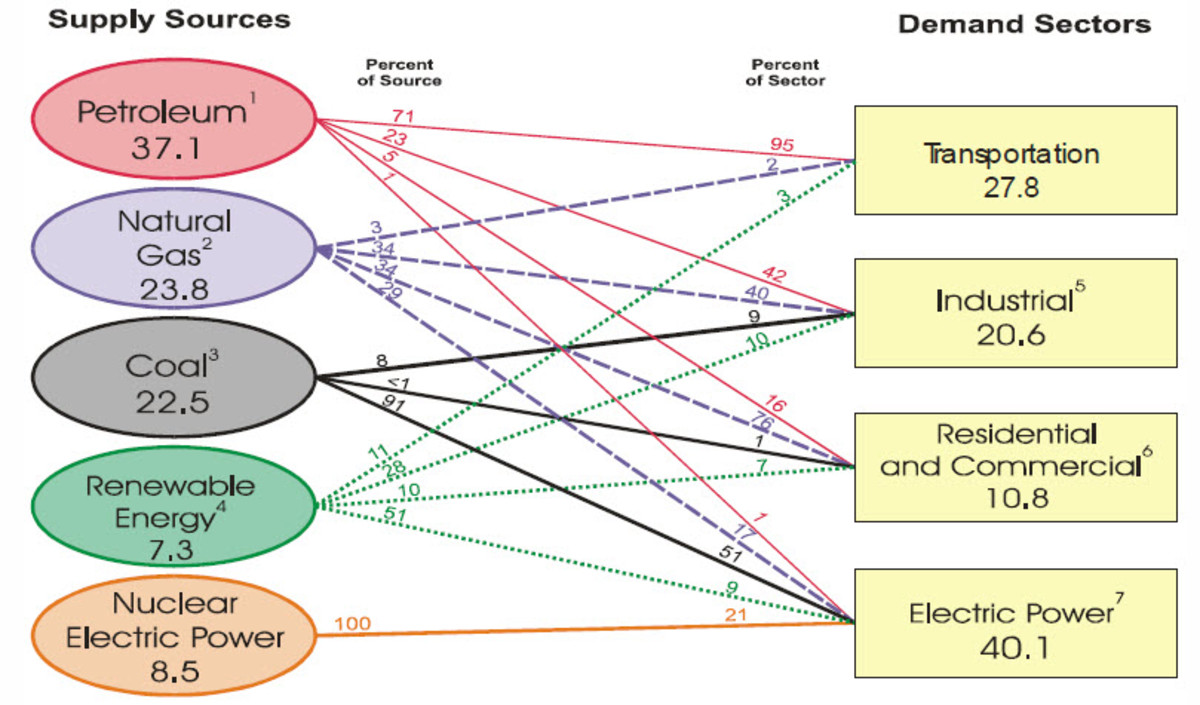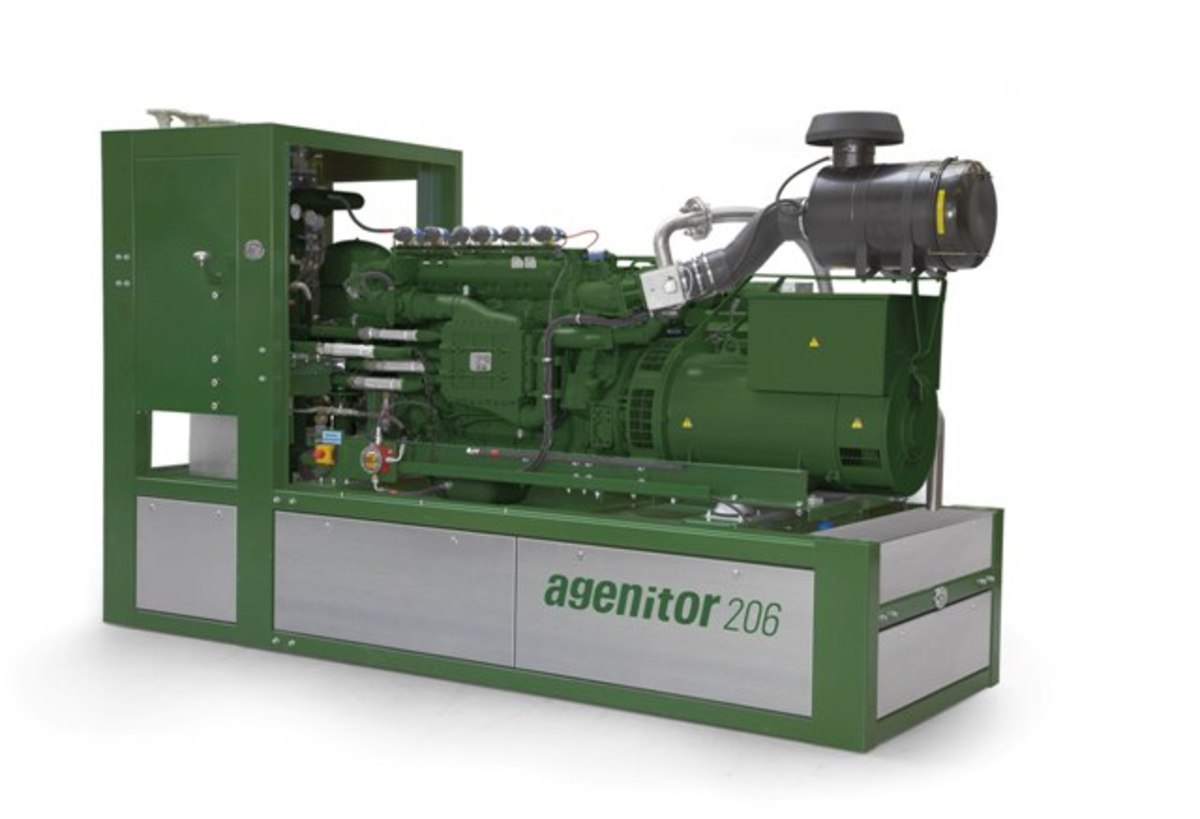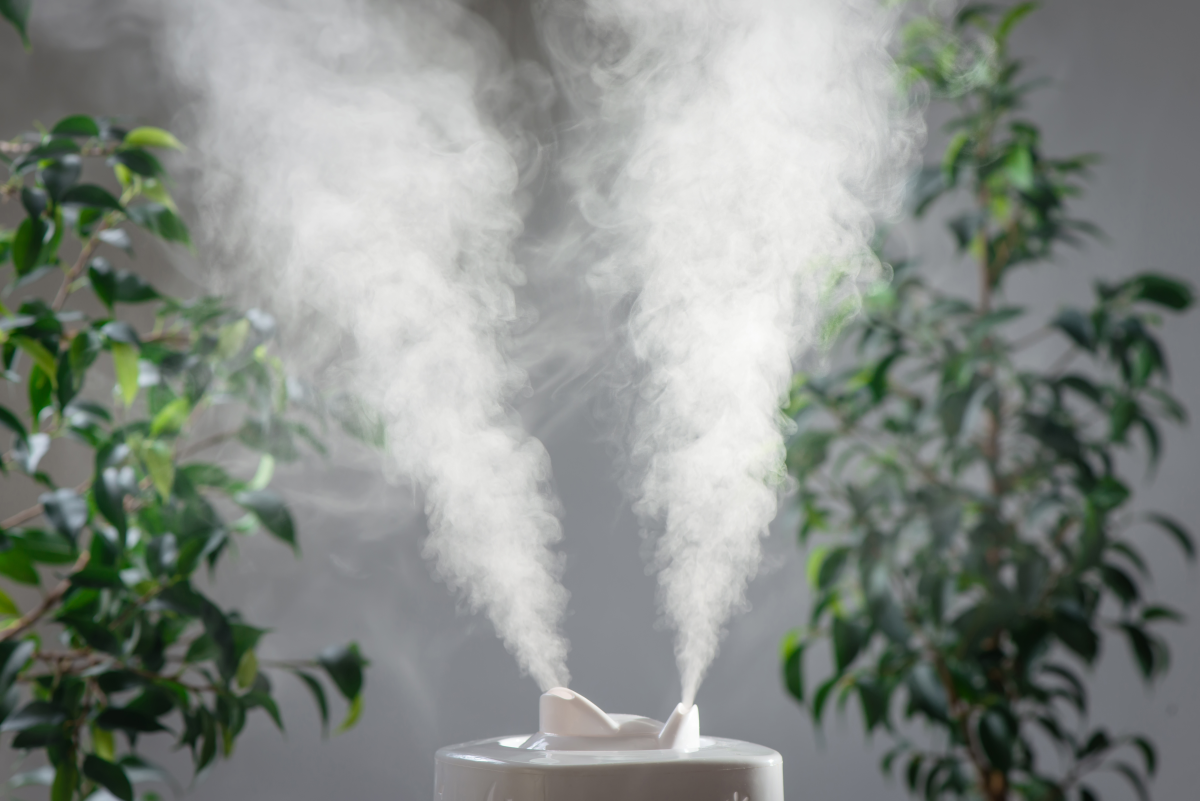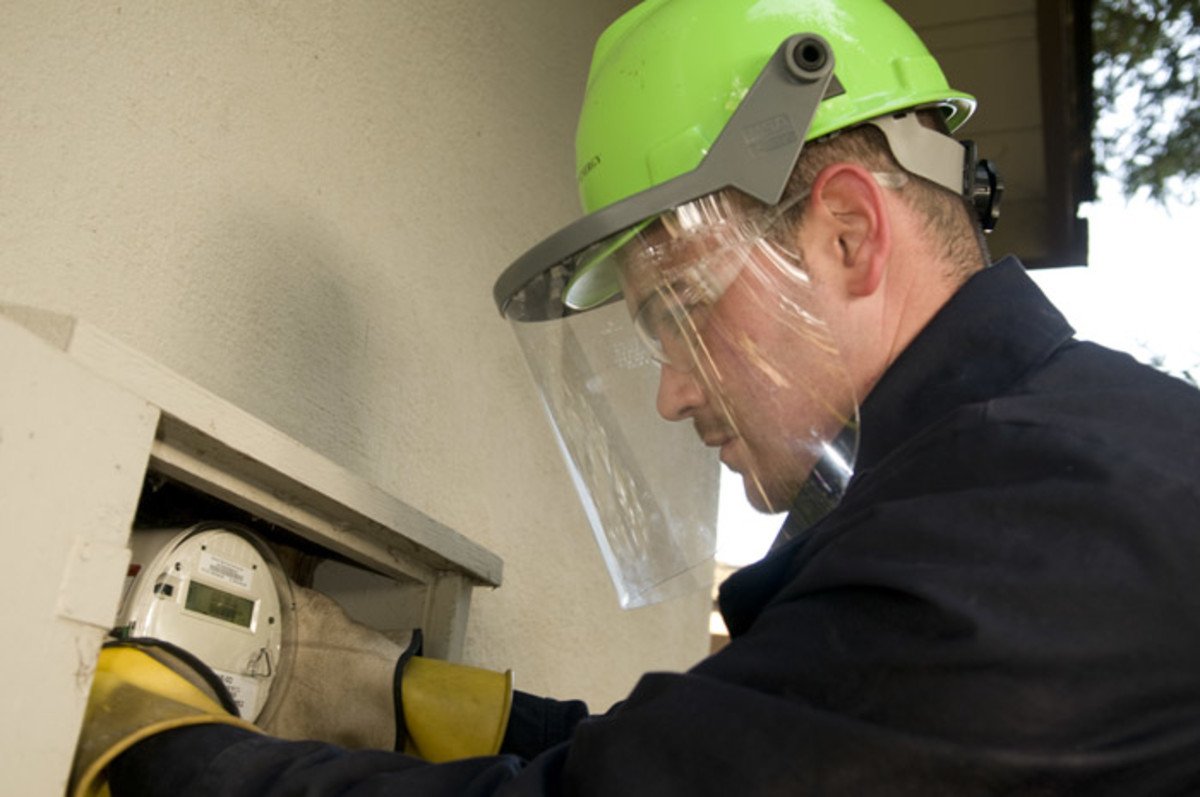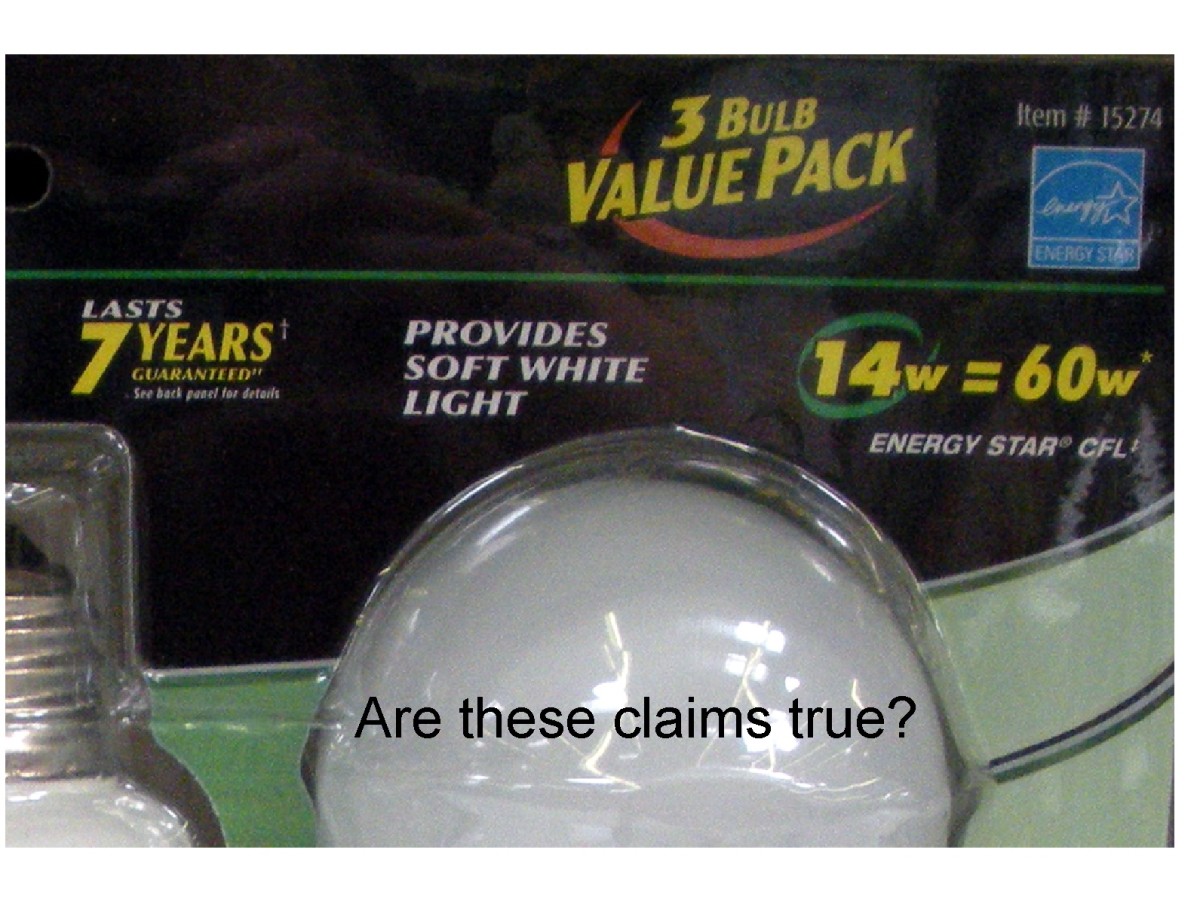Simple Ways To Save Electricity And Gas To Help You And Your Budget
We are all using more energy charging up mobile phones and laptops, keeping our homes warm, some warm enough to wear summer clothes inside during the Winter months. Tumble driers are used regularly. Some people would never consider hanging clothes out to dry. Some probably don't even have a clothes line. Unheard of years ago. All this extra use of energy is causing our climate to change and our energy bills to increase.
Most of the energy we use comes from fossil fuel which when burnt to produce the energy we need releases huge quantities of CO2. This gas is the main cause of climate change.
We have all no doubt read and seen advertisements on TV about how to save energy, but it doesn't hurt to have a reminder every now and then, just to keep it in our minds. Whenever I see something regarding this matter I make a concerted effort to turn things off. It might not last long but each time hopefully it will become more of a habit.
There are many ways to save energy and help save our planet. Little things like turning off our televisions and other appliances that are left on standby can make a huge saving if everybody did this. The less energy we use the less carbon dioxide is released into the atmosphere.
Ways To Save
Heating
- Turn down the thermostat on your heating system 1 degree
- Use plug in heaters - bar, radiant, fan. oil filled sparingly as they are high energy users
- Keep furniture away from heaters so the warm air can circulate easily
- Put on an extra layer of clothing
- Draw curtains at night preferably before it gets cooler
- On sunny days let the sun shine in to help warm your rooms
- Putting cling film over your windows - each pane - can act in a similar way to double glazing, and should last the whole winter
- Keep doors to the outside closed and block any draughts
- Insulate your walls if possible and your ceiling cavity
- Under floor insulating is now popular
Block unused fire places - you can use scrunched up newspaper
Water Heating
- Turn down the temperature of your hot water system. The temperature should be no more than 55-60 degrees C or 140 degrees F. Heating your water too hot only to have to cool it to use it is wasting energy.
- A quick shower uses a lot less energy than a bath.
- Don't leave hot water taps running - put the plug in.
- If your hot water tap is leaking, fix it quickly
- Get an insulation jacket for your hot water cylinder if it isn't insulated. You can waste 75% of the energy you are paying for to heat your uninsulated cylinder. jackets are inexpensive and should be 75mm thick.
Insulate your hot water pipes. This is usually cheap and easy to install.
Lighting
- Switch off lights when you are not in a room or if there is enough natural light coming into the room
- Uplighters may consume a lot of energy. It may be better to use energy efficient spotlights instead.
Energy efficient light bulbs last about 12 times longer than regular bulbs and consume about 1/5 the energy. Energy efficient bulbs are cheaper to run because they mainly make light rather than heat. One problem with energy efficient bulbs is they are known to contain mercury.
Cooking
- Use the correct size saucepan for the correct size element
- Cut food into small pieces for quick cooking
- Put a lid on the pot when possible
- Use an electric kettle for boiling water for cooking for cooking when possible
- Keep your kettle free of limescale - this will help with limescale and efficiency. Fill with a mixture of 2/3 water and 1/3 vinegar and leave overnight. Rinse well, fill with water, bring to boil and throw out water.
- Once the water has boiled in your saucepan turn down the heat and the food will cook just as quickly as full throttle but use less energy.
- Use minimum amount of water when boiling vegetables.
- Slow cookers are great as they simmer away all day and use only slightly more than a regular light bulb.
- Only boil as much water in an electric kettle as you think you need.
- Make one pot dinners that only use one element.
- When cooking in an oven that does not have the fan option the top shelf will cook quicker than the bottom shelf.
Using Your Fridge
- Wait until food has cooled before putting in fridge
- Try not to leave fridge door open longer than necessary.
- Don't place fridges and freezers next to hot items such as stoves, dishwashers and washing machines.
- Try to place fridges and freezers out of direct sunlight as this will cause them to use more energy to keep cool.
- Keeping your fridge and freezer full uses less energy than an empty or half empty appliance.
- Put scrunched up newspaper or bubble wrap in your empty spaces in your freezer to stop warm air circulating when the door is opened.
- Plan ahead and defrost food in the fridge the night before you want to use it. This will keep the fridge cool and save energy.
- Defrost your fridge and freezer regularly. More than 5mm of ice makes it inefficient.
Washing and Drying Clothes
- When washing clothes by hand there is no need to have the water hot as most non greasy dirt will wash out in cold water and detergent.
- Wait till you have a full load of washing before washing a load.
- Use a lower temperature for clothes that don't need hot water.
- Use the economy programme where possible.
- Use cold water washes where appropriate.
- If you live in a hard water area where there is likely to be a build up of limescale on your washing machine element, do a empty wash using 200ml vinegar in the detergent tray every two months.
- Dry your clothes on outdoor washing lines where possible as tumble driers use huge amounts of energy, or dry under carports or on lines in garages.
Washing Dishes
- When using dishwasher wait until you have a full load before washing.
- Use the economy wash if you dishwasher has one as this will use less energy.
- Switch off your dishwasher completely when it has finished as it is still using energy on standby.
- If you switch off your dishwasher and open the door when it enters its drying stage the dishes will dry naturally and save energy.
Electrical Appliances
- Switch off charges for your mobile phones and laptops when not in use.
- Turn off TVs, radios stereos and computers when not in use.
Summary
Switching electrical appliances off when not in use is the main theme here as well as turning off lights that are not needed. Many people leave mobile phone charges plugged in when the phone is no longer connected to the charger. Apparently this uses unnecessary energy as does leaving TVs, DVDs stereos etc switched on at the wall when not in use. If we all take the time to turn off items not being used at the wall and attempt to use less energy by using some of the tips included in this article we can all benefit.
